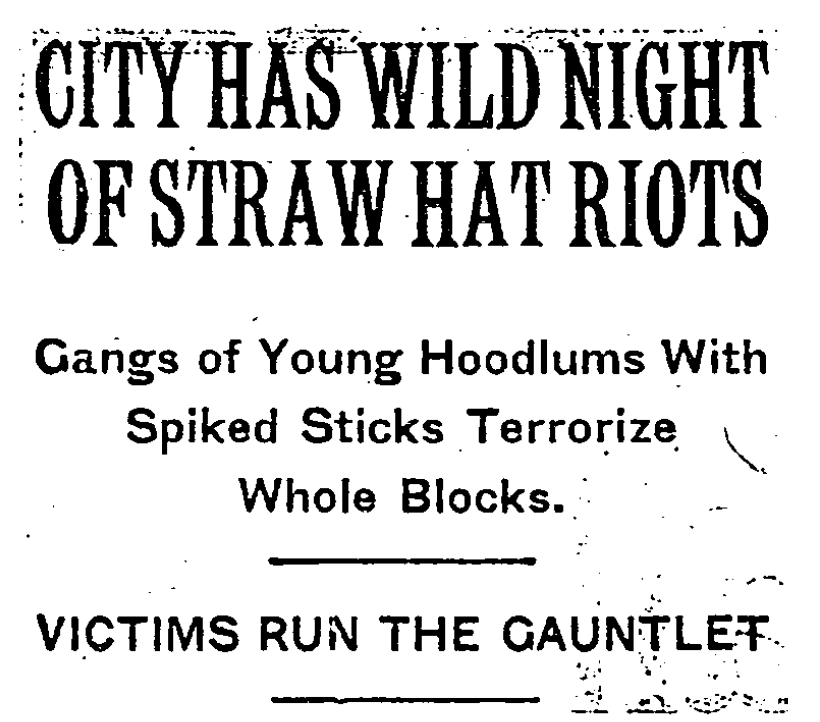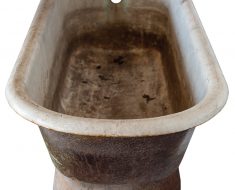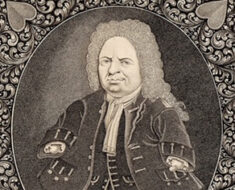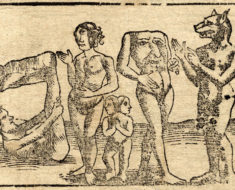
The Straw Hat riots, as reported in the New York Times, September 16, 1922.
“Gangs of young hoodlums ran riot in various parts of the city last night, smashing unseasonable straw hats and trampling them in the street. In some cases, mobs of hundreds of boys and young men terrorized whole blocks.”
So began a New York Times article describing the Straw Hat Riots of 1922.
That’s right. There was a riot in New York City over straw hats.
These fashionable-at-the-time men’s hats were light and airy, perfect for summer wear. But after September 15, it was time to switch to a felt hat. Any continued wearing of straw was a strict fashion faux pas.
If men were caught wearing their hats after the 15th, kids would knock them right off their heads and stomp the straw into the ground. In 1922, a group of eager boys started swiping and smashing hats a few days early. Many men did not appreciate the hooliganism and fought back.
Some of the rapscallions used sticks with nails at the tip to help hook hats off heads, while others hid in doorways and jumped out at their victims. And for some, smashing and stomping was followed by burning in a bonfire.
As the New York Tribune reported on September 16, a dozen or more boys were arrested “and seven were spanked ignominiously by their parents in the East 104th Street police station by order of the lieutenant at the desk.”
Some delinquents were fined $5, because, despite the tradition, hat smashing was illegal.
“It is against the law to smash a man’s hat, and he has a right to wear it in a January snowstorm if he wishes,” the curiously named Magistrate Peter A. Hatting told the New York Times. “To hit a man’s hat is a simple assault, and in this court it will be treated as such, and I want you to spread this word among all who would smash hats.”
Magistrate Hatting threatened to skip the fine and jail any other would-be offenders.
While many suffered during this period of unrest, hat stores profited. They reportedly stayed open late and thrived selling felt hats.
Fortunately, by the 1930s the straw hats fell out of fashion and with it, the brutal tradition of smashing them.

Look at all those straw hats just waiting to be smashed.




![Artificial nose, 17th-18th century, made of plated metal. Such noses would have been made to replace an original, which may have been congenitally absent or deformed, lost through accident or during combat or due to a degenerative disease, such as syphilis. By Science Museum London / Science and Society Picture Library [CC BY-SA 2.0 (https://creativecommons.org/licenses/by-sa/2.0)], via Wikimedia Commons](https://www.weirdhistorian.com/wp-content/uploads/2017/12/Artificial_nose_17th-18th_century_By-Science-Museum-London-Science-and-Society-Picture-Library-CC-BY-SA-2.0-via-Wikimedia-Commons-235x190.jpg)

